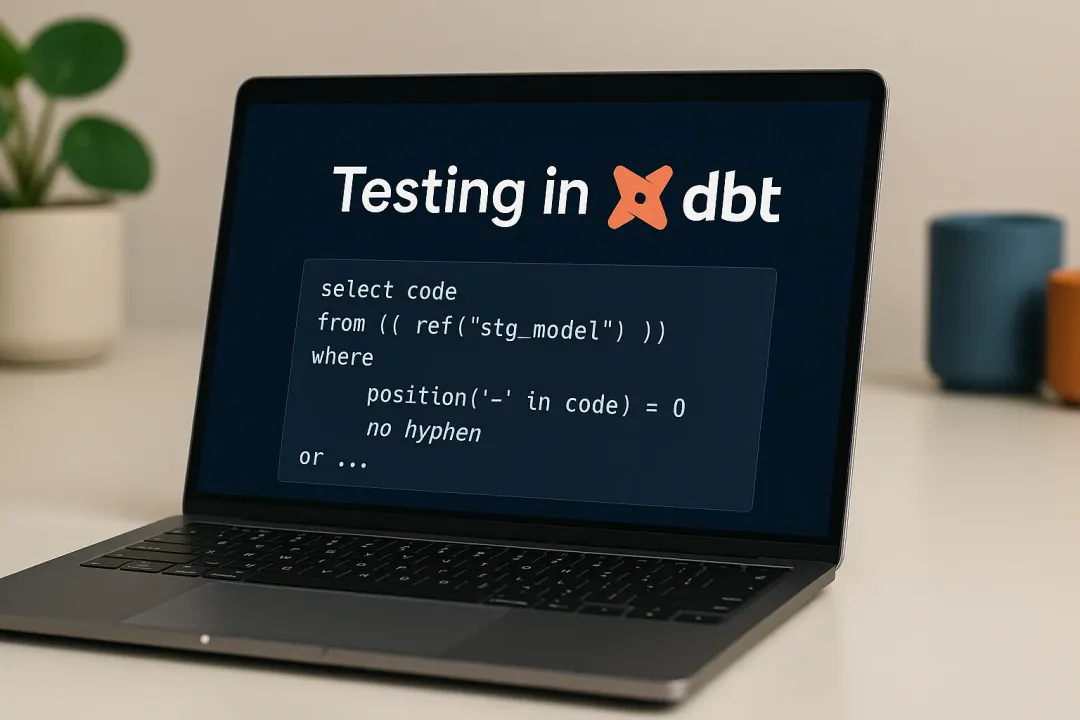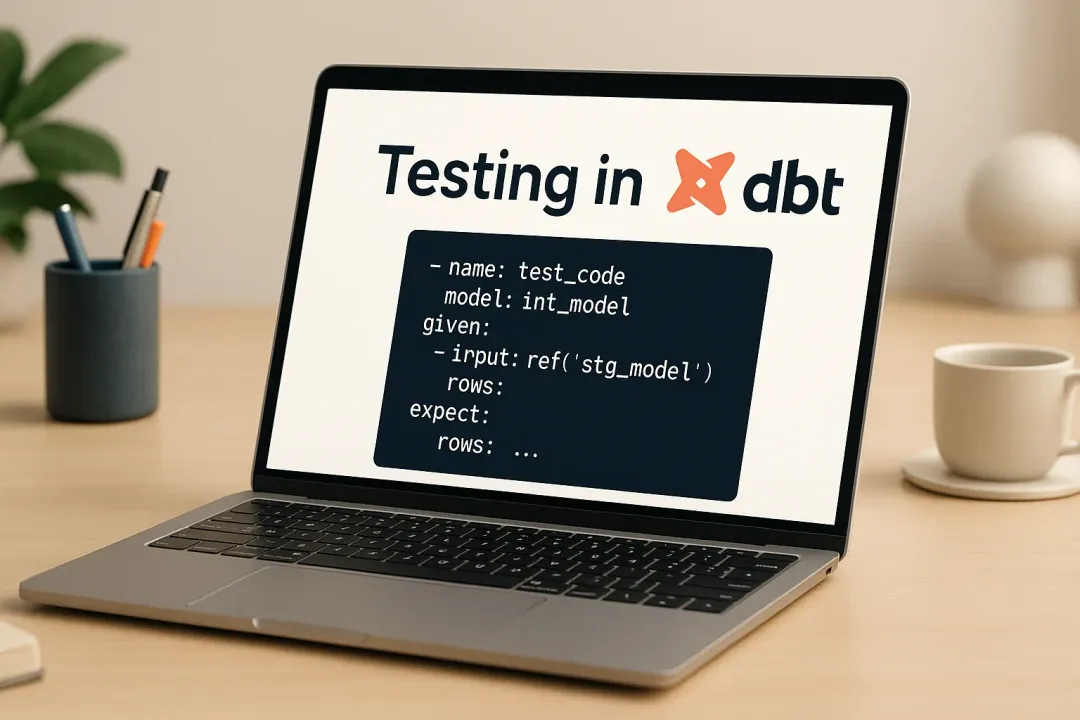
Maria Chojnowska
14 April 2023, 10 min read

What's inside
- Where is Python used to get the most benefits?
- Python for Web Development
- Python for Machine Learning
- Python for Fintech
- Conclusion
- Contact us
Where is Python used to get the most benefits?
Python is a versatile and powerful programming language that has become increasingly popular recently. Its ease of use, readability, and extensive range of libraries and frameworks have made it a favorite among developers across various industries.
Read more: All you need to know about Python (part 1)
Python is widely used to bring the most benefits in multiple fields. But it’s mainly the latter that contributes to the growth of Python today – this dynamically typed language offers exceptional support for projects based on technologies such as artificial intelligence (AI) and machine learning. Python has also been claimed to be the best language for machine learning. No wonder today, it’s the first-choice programming language of developers – and businesses that want a stable foundation for their software development.
This article will explore the different areas where Python shines, highlighting some of the most innovative and exciting use cases. Whether you are a seasoned developer or just starting with programming, this article will give you a comprehensive overview of where Python is used and why it is a valuable tool in modern tech.
Python for Web Development
Businesses can’t survive on the market these days if they don’t invest in a quality web presence. Today's functional and well-designed web app includes mobile responsiveness, integrated animation, Progressive Web Apps, or machine learning-based chatbots.
Choosing the right tools for building a web application is more important than ever. And that’s why so many companies pick Python as their technology of choice. What is Python programming all about? Efficiency, conciseness, and productivity.
Key advantages of Python for Web Development
The technology comes with many benefits for web developers and companies looking to create an outstanding web application that wins their customers over
- It offers an extensive collection of libraries
Python's standard library is pretty impressive, but the language offers a massive ecosystem of tools and libraries provided by its active community. It means that developers don’t have to spend time building everything from scratch. Instead, they can use pre-built elements for anything, from scientific computing and image processing to machine learning and data visualization.
- It’s fast to write
The clean and straightforward syntax help software developers to write Python code faster than when using other popular programming languages – for example, Java. Because of that, it comes in handy to companies that want to experiment with new ideas with quick prototypes or validate their product on the market with a Minimum Viable Product (MVP). This feature is essential for startups that need to test their product as quickly as possible to gather valuable user feedback and continue optimizing their idea.
- It makes unit testing easy-to-use
Thanks to its built-in framework for unit tests, Python helps development teams ship bug-free code faster. Coding with Python is quick, and so is testing.
- It boosts the ROI of practically every project
What makes Python coding exceptional is its sheer productivity. Because Python accelerates the development process, it enables teams to write and ship their code faster. As a result, projects are more efficient and bring businesses a higher ROI.
But the number and variety of web frameworks it offers to make the programming language stand out on the web development scene. Python’s well-supported frameworks can quickly become the starting point for any project, equipping developers with tools that help them get the job done.
Read more: Pros and cons of using Django for web development
The most popular Python Web Development Frameworks
Python have a strong presence in the web development industry, thanks to its many powerful web frameworks. The most popular Python web development frameworks include Django, Flask, Pyramid, Bottle, and Tornado.
Django is the most widely used framework, emphasizing security, scalability, and robustness. Flask is known for its simplicity and flexibility, making it an excellent choice for small to medium-sized web applications. Pyramid is a highly adaptable framework focusing on large-scale applications and complex architectures. Bottle is a lightweight and minimalistic framework designed for rapid development, while Tornado is a powerful asynchronous framework ideal for high-performance web applications.
Each framework has unique strengths and features, making Python a top choice for web developers looking to build high-quality and scalable web applications.
Read more: 10 Best Python Web Frameworks
Now, let’s focus on Django & Flask.
- Django
This open-source, high-level web development framework helps developers focus on writing code without reinventing the wheel. Companies use Django to build various web apps: content management systems (CMS), social networks, and scientific computing platforms. Django accelerates the development speed and has plenty of extra features that handle everyday web development tasks (like user authentication, RSS feeds, site maps, content administration, and many more). It also helps developers avoid many common security pitfalls like cross-site scripting, cross-site request forgery, and SQL injection. Another key advantage of Django is its scalability – it can quickly and flexibly meet even the heaviest traffic demands.
Read more: What is Django and how to get started?
- Flask
This microframework is based on Werkzeug and Jinja 2. Its primary purpose is to help developers to build a robust web application base. This lightweight framework is an excellent match for smaller and less demanding projects. It has a built-in development server and debugger and is compatible with the Google App Engine.
Read more: Django vs. Flask: Which one should you choose for your project?
Python for Machine Learning
Machine Learning (ML) is another key area where Python is used today. Machine learning is extracting, processing, cleaning, and understanding data to develop intelligent algorithms.
Developers choose this battle-tested technology for ML projects because it does all the heavy lifting for them. Python offers many packages for loading, processing, and visualizing data and many other machine-learning tasks. Read more: 4 business challenges Machine Learning solves
Key advantages of Python for Machine Learning
- Clean, and simple syntax
Machine learning is a complex area on its own, and approaching it with a programming language that helps engineers to express mathematical ideas within a few lines of code is a massive advantage. Its semantics often correspond to mathematical concepts at the core of ML.
- Gentle learning curve
Learning Python is easy – assembling a team of experts for your ML project will be a piece of cake. Its accessibility makes collaborative coding and implementation so much easier.
- Excellent performance
Just because it’s so simple, it doesn’t mean using Python requires a trade-off in performance. Developers can enjoy a balance of the two, making it an excellent technology for complex ML projects.
- Scalability
Python is far more scalable than another common ML programming language, R. It’s also faster than Matlab or Stata. The variety of ML applications using the technology indicates that it matches fast-growing projects well.
Read more: Here's why Python is so popular in Machine Learning
Machine Learning libraries
Python provides developers with a collection of valuable tools that help in building machine learning systems. The frameworks, libraries, and extensions are a great helping hand in implementing ML tasks.
Here are a few libraries that are useful for ML projects:
- TensorFlow – a general-purpose library that helps build neural networks with a multi-layer nodes system that allows quick learning on large data sets.
- Keras – a high-level library for deep learning.
- SciPy - a library used for mathematical operations on data matrices. It contains the main modules for linear algebra, statistics, Fourier transformation, and more.
- Scikit-Learn – flexible and highly-efficient library for machine learning and image processing.
- NumPy – a basic ML library in the SciPy Stack offering functionalities for operations on tables and matrices.
- Pandas – a library from the SciPy Stack, Pandas is used for carrying out operations on data sets (adding/removing columns, filling out missing data, creating DataFrame from basic structures, and more).
- **Matplotlibv – used for visualizing data sets, the library is excellent for presenting results obtained using ML and visualization of input data.
- Scrapy – a web crawling framework that helps obtain data required for further processing.
Read more: Python Machine Learning libraries
Python for Fintech
According to HackerRank, Python (and Java) is still one of the most popular programming languages among financial institutions and fintech startups.
Its simplicity and robust modeling capabilities are just two of the many features that make it an excellent pick for fintech companies looking to back up their products and services with a reliable technology stack.
Python's popularity in the data science community has led to its widespread adoption in the financial industry for quantitative analysis, algorithmic trading, and risk modeling tasks.
Key advantages of Python for Fintech
- Flexibility Financial services applications can be very complex, and developers can use the simple syntax of Python to accelerate the development speed. That allows companies to bring new products to market quickly.
- Less code = fewer errors
Conciseness also means that developers write less code and, as a result, reduce the potential error rate. That’s critical for heavily-regulated industries like finance that can’t afford to release a buggy product.
- It’s a perfect MVP option
Fintechs want to be responsive to the changing customer demands, and that’s why scalability is so important. Using Python with frameworks such as Django, developers can quickly create an MVP to help fintech startups quickly find a product-market fit.
- It’s a bridge between two worlds
Matlab and R are popular among data scientists but less widespread among economists – who most often use Python. It enables companies to integrate the work of economists into the software development process efficiently.
- Plenty of libraries and tools
Developers don’t need to build tools for functions such as data analysis or visualization from scratch when building a fintech product. That’s how companies save time and money on their development projects. But that’s not everything. Fintech products often require integrations with third parties – specialized libraries make that easier too.
How Python is used by Fintech
- Banking products
It should come as no surprise that payment solutions and online banking platforms such as Venmo or Stripe were built with Python. Its flexibility makes it an excellent technology for building ATM software that boosts payment processing.
- Data analysis tools
Processing and analyzing large datasets is a piece of cake if your team uses this robust technology. Developers can use Python with tools and libraries to carry out statistical calculations, simplify data visualization, or create predictive analytics algorithms.
- Trading
Stock markets are full of data that requires analysis. The programming language helps developers to create solutions that do that. A Python program can quickly generate results such as predictive analytical insights, best trading strategies, and actionable trading advice.
Conclusion
So, what is Python used for? By now, you should know the answer to this question: practically everything!
The flexibility, scalability, and unique ecosystem make Python one of the most versatile programming languages on the market. Its ease of use, readability, and extensive range of libraries and frameworks have made it a favorite among developers across various industries.
Python can open up a world of possibilities and enable you to tackle some of the most challenging problems in the tech industry.
Contact us
If you are looking to take advantage of the many benefits Python offers, Sunscrapers team of Python specialists is here to help. With extensive experience in developing Python-based applications and solutions, we can help you harness the power of this versatile language to build robust and scalable systems that meet your specific needs.
Whether you are looking to build a web application, develop a machine learning model, or automate complex tasks, our team of experts can guide you through the process and ensure you get the most out of Python. We pride ourselves on delivering high-quality solutions that exceed our client's expectations, and we are always available to answer any questions you may have.
So why wait? Contact us or drop us a line at [email protected] today to learn more about how our Python specialists can help you take your development projects to the next level. We look forward to hearing from you!





